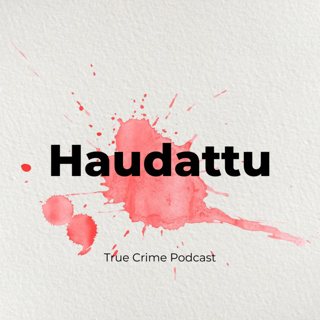
Cuba's Mariel boatlift
In April 1980, thousands of Cubans tried to escape the country by claiming asylum at the Peruvian embassy in Havana. In response, Cuban President Fidel Castro opened the port of Mariel to anyone who w...
3 Helmi 10min

The 'Jugroom Fort' rescue mission
In 2007, four British servicemen perched on the wings of an Apache helicopter in Afghanistan, in an audacious mission to rescue a fallen comrade. Lance Corporal Mathew Ford was part of a unit which ha...
2 Helmi 10min

Ötzi: The Iceman of Bolzano
In September 1991, two German hikers found a dead body while walking through Europe’s Ötzal Alps. It turned out to be a perfectly preserved 5,000-year-old mummy. The archaeologist Konrad Spindler ins...
30 Tammi 9min

The Kaohsiung Incident
On 10 December 1979, pro-democracy activists clashed with police in Kaohsiung, Taiwan.The incident, which happened during Taiwan's martial law period, paved the way for the transition to democracy.Rac...
29 Tammi 10min

Chile's 'Penguin Revolution'
In 2006, hundreds of thousands of school children in Chile took over their schools and marched in the streets, in a protest about inequality in education. It was known as the "Penguin Revolution" bec...
28 Tammi 9min

The liberation of Auschwitz
On 27 January 1945, prisoners at the Nazis’ largest death camp were freed by the Soviet Union’s Red Army.General Vasily Petrenko commanded one of the four units that liberated Auschwitz.The Nazis murd...
27 Tammi 10min

John Logie Baird invents television
On 26 January 1926, John Logie Baird first demonstrated his 'televisor' in public. It was the prototype for television. Many people couldn't believe what they were seeing whilst others thought it was ...
26 Tammi 10min

Agatha Christie: best-selling novelist of all time
On 12 January 1976, author Agatha Christie died peacefully, aged 85.She created the detectives Hercule Poirot and Miss Marple.By the time of her death, Christie had written more than 80 books. Most of...
23 Tammi 10min






















